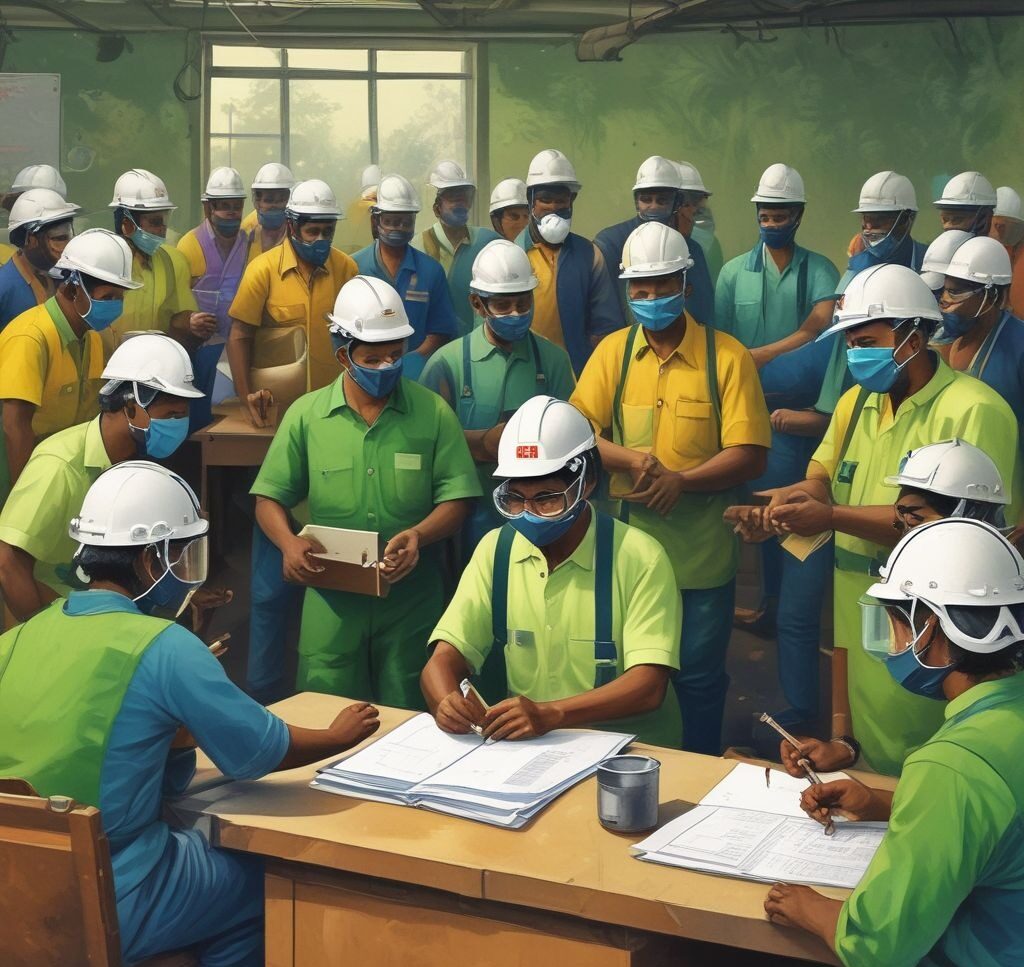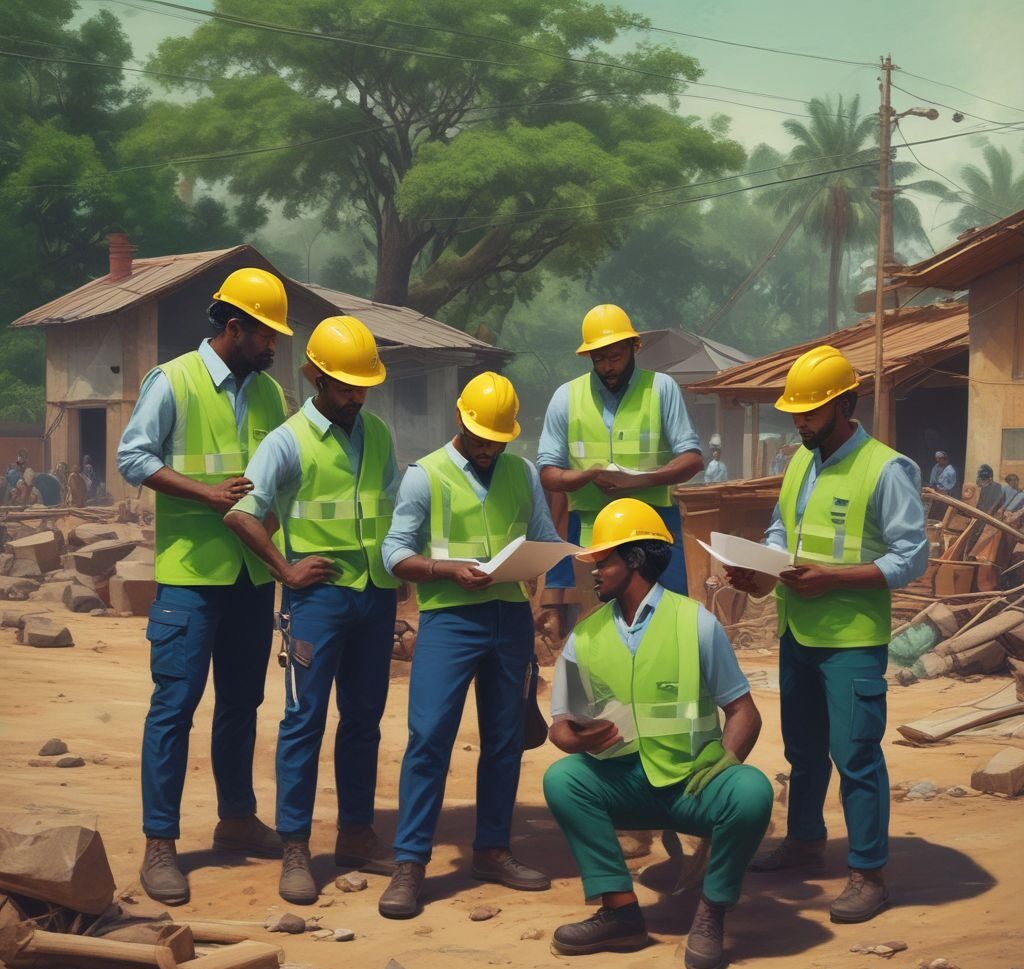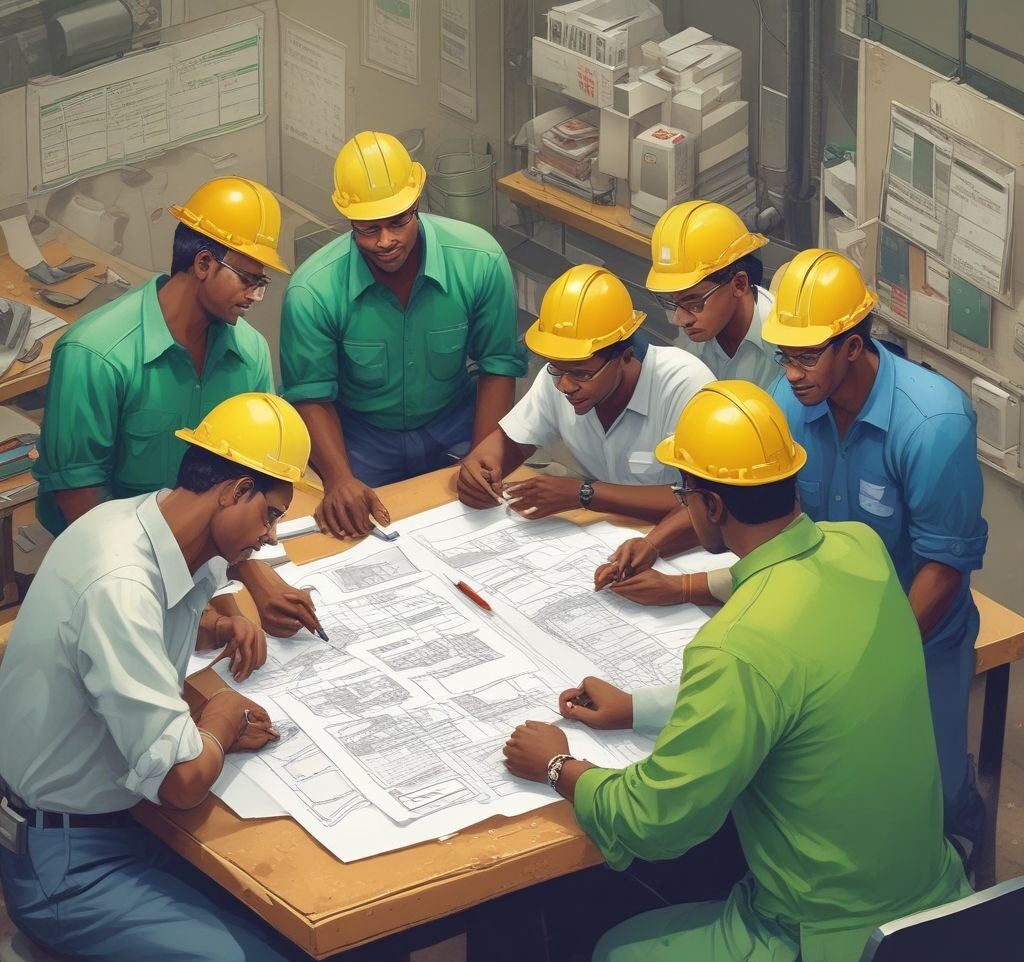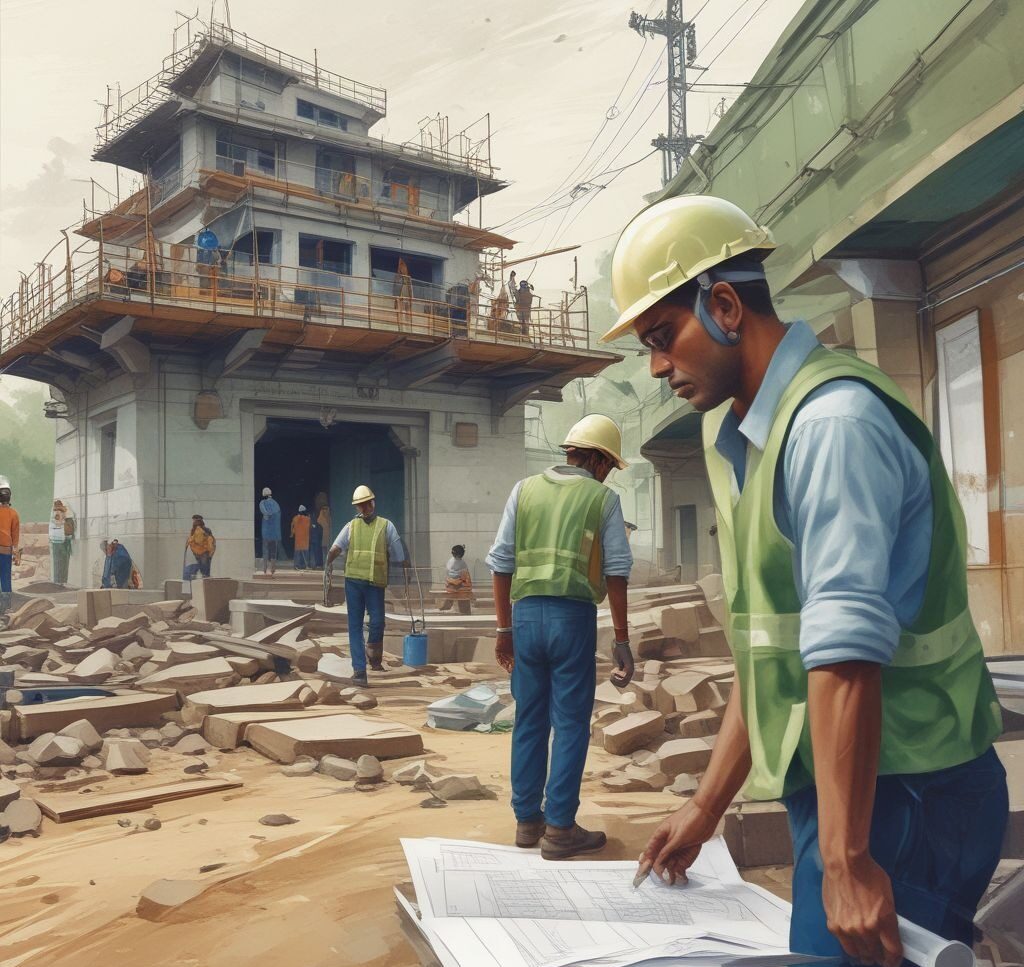Effective site management is crucial to ensuring a smooth and successful construction project. Whether you’re working on a small residential build or a large-scale commercial development, the way you manage the site can impact everything from safety and productivity to the overall quality of the finished project. Proper site management ensures that all moving parts work together efficiently, reducing delays and preventing costly mistakes. This post highlights key practices that can help keep your construction site safe, clean, and productive.
1. Prioritize Safety
The safety of workers, clients, and visitors should always be the top priority on a construction site. A well-managed site implements strict safety protocols that prevent accidents, ensure compliance with local regulations, and protect everyone involved in the project. Safety also boosts productivity by reducing downtime caused by accidents or injuries.
Best Practice:
- Conduct daily safety briefings to ensure that all workers are aware of the risks and understand the safety protocols for each day’s tasks.
- Ensure that safety equipment, such as helmets, gloves, and harnesses, is always available and in good condition. Proper signage and barriers should be used to indicate hazardous areas.
- Regularly review and update the site safety plan to adapt to the changing conditions of the project.

2. Maintain Cleanliness and Organization
A clean and organized construction site is essential for ensuring smooth operations. Clutter and disorganization can lead to accidents, inefficiencies, and delays. Effective site management involves establishing procedures for regular cleanup and organizing materials and equipment in a way that maximizes productivity.
Best Practice:
- Implement a daily cleanup schedule to ensure that debris, tools, and unused materials are cleared away, reducing the risk of accidents and making the site easier to navigate.
- Designate storage areas for materials and equipment, keeping them organized and easily accessible to prevent time wasted searching for tools or supplies.
- Ensure that waste management protocols are in place, including proper disposal of hazardous materials in compliance with environmental regulations.

3. Ensure Clear Communication
Communication is at the heart of effective site management. Without clear communication, tasks can be duplicated or overlooked, and costly mistakes may occur. Good site management ensures that all team members are on the same page, with regular updates and clear instructions provided throughout the day.
Best Practice:
- Hold regular site meetings to discuss progress, address any issues, and plan for upcoming tasks. This ensures that everyone is aligned and knows their responsibilities.
- Use communication tools such as project management apps to facilitate real-time updates and ensure that all team members have access to the latest information.
- Make sure that the site manager is approachable and available to answer questions or resolve conflicts as they arise.

4. Plan for Efficient Workflow
Efficient workflow management is essential to keeping the project on schedule and ensuring that tasks are completed in the correct order. A well-managed construction site has a clear plan for each phase of the project, with resources and labor allocated in a way that maximizes productivity.
Best Practice:
- Develop a detailed construction schedule that outlines each phase of the project and assigns tasks to specific workers or teams. This ensures that everyone knows what needs to be done and when.
- Regularly review the workflow plan to identify any bottlenecks or inefficiencies. If adjustments are needed, implement them quickly to avoid delays.
- Coordinate deliveries of materials and equipment to ensure that they arrive on-site when needed, avoiding the disruption of overstocking or waiting for supplies.

5. Implement Quality Control Measures
Effective site management ensures that quality control is maintained throughout the construction process. This means regularly inspecting work to ensure it meets standards, identifying potential issues early, and making corrections before they become major problems.
Best Practice:
- Establish a quality control plan that outlines specific standards for each phase of the project. Regular inspections should be conducted to verify that work is up to code and meets client expectations.
- Address any quality issues as soon as they are identified to prevent them from compounding or causing delays. Work closely with contractors and subcontractors to ensure that they understand the quality standards expected of them.
- Document progress with photos and reports, ensuring that there is a clear record of the quality control process.

Conclusion: Site Management for Project Success
Successful construction projects rely on effective site management that ensures safety, cleanliness, and productivity at every stage. By prioritizing safety, maintaining organization, communicating clearly, managing workflow efficiently, and implementing strict quality control measures, your construction site can operate smoothly and successfully. In Kerala, where construction is rapidly evolving, these practices are key to delivering top-quality projects on time and within budget.
Contact Us for Expert Budgeting and Project Management Consultation
Ensure your construction project stays on track financially from start to finish.
to learn more about our expert budgeting and project management services.
Bullswag
Builders India Pvt. Ltd.

